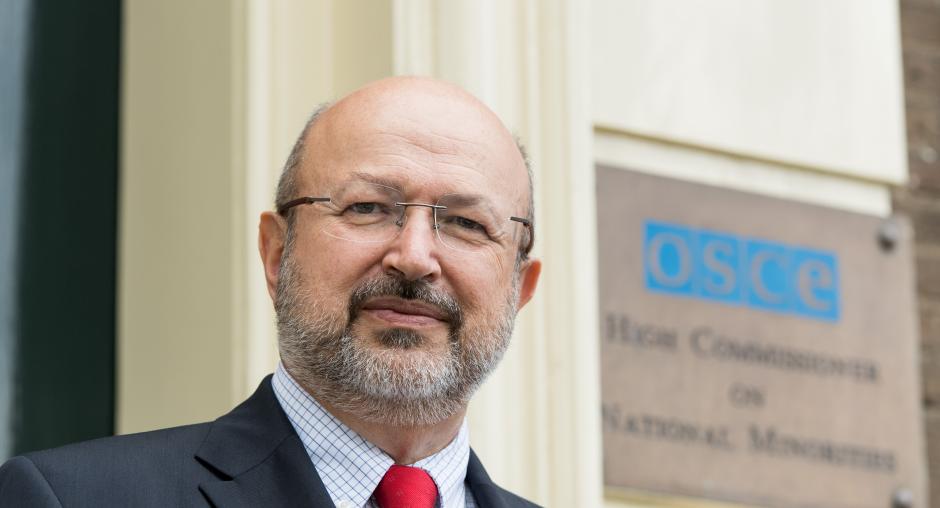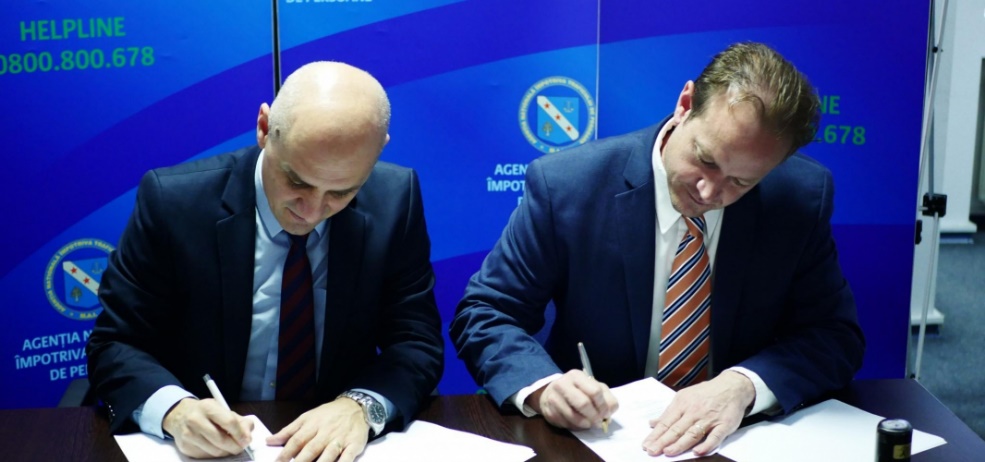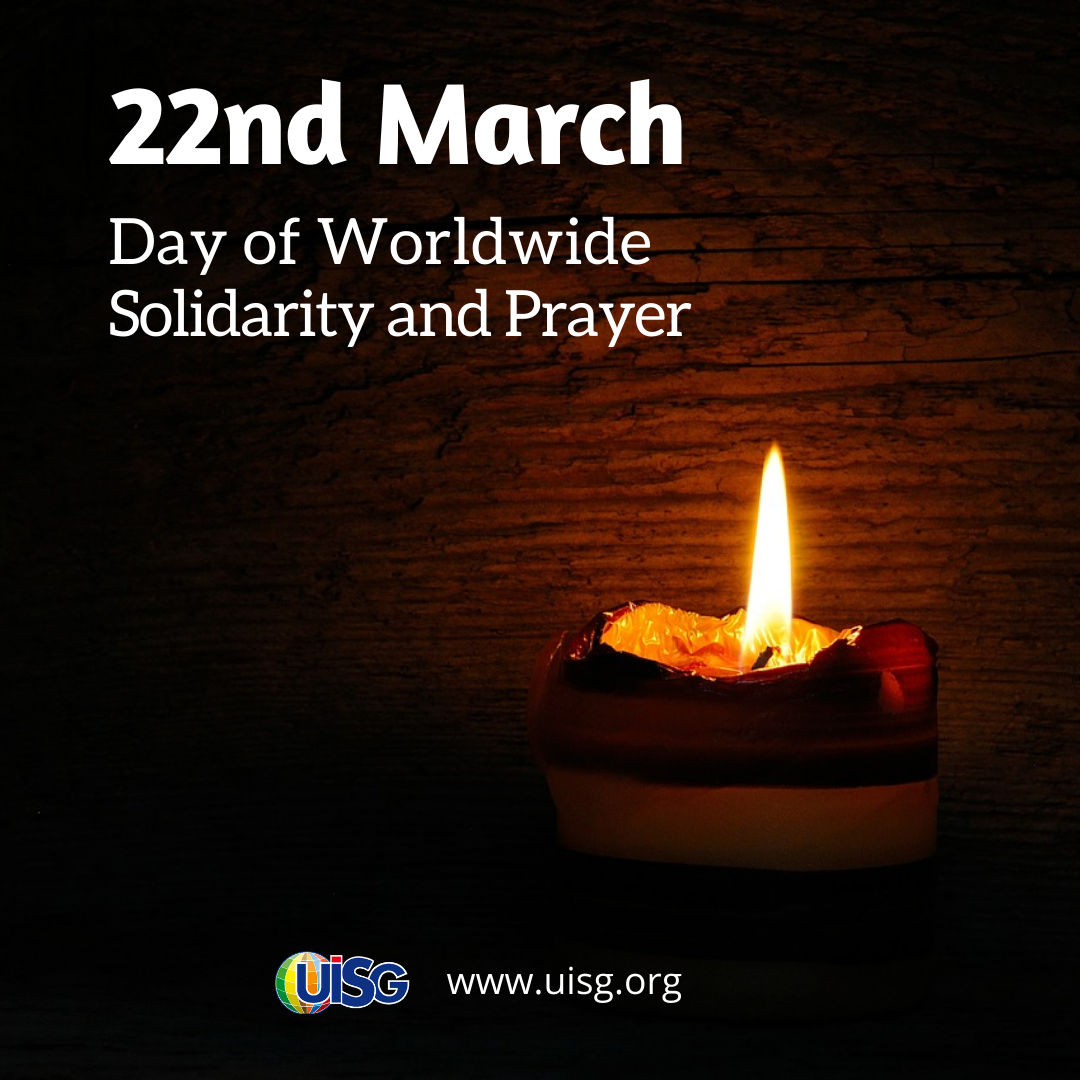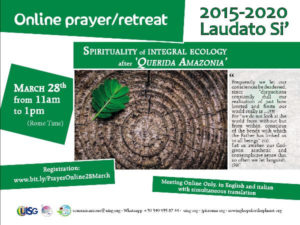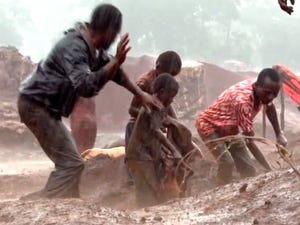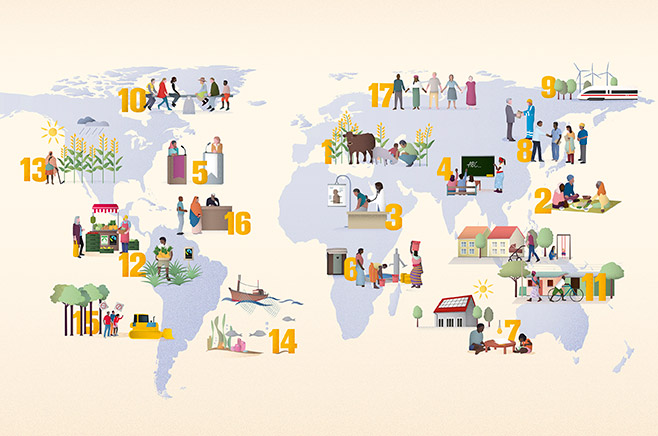PRESS RELEASE
THE HAGUE, 26 March 2020 – OSCE High Commissioner on National Minorities Lamberto Zannier has prepared recommendations for governments to consider in their efforts to combat the spread of COVID-19.
Based on the experience of his institution, the High Commissioner reminds the OSCE participating States that cohesive societies are strong societies. Zannier said: “As governments rush to introduce emergency measures, it is also vital that they remember to include the needs of everyone in society, including persons belonging to national minorities and other marginalized communities.” The High Commissioner reminded the OSCE participating States that he remains available to provide the expertise of his office in these unprecedented times.
Uphold human rights
It is essential to ensure that persons belonging to national minorities are treated equally and enjoy basic human rights, especially to health and to accurate, easy-to-understand and timely information, without discrimination of any kind, at all times, including when introducing short-term emergency measures.
Be inclusive
It is in the interest of everyone that emergency measures do not inadvertently fail to encompass the needs of all groups in society. Governments should strive to consult with a wide range of social groups in the design and implementation of their responses. If specific groups indicate that their needs have not been met, adjust the measures to include them. This principle is also relevant for the recovery phase.
Be sensitive to language needs
States should provide basic services in the languages used by various communities as far as possible, especially in healthcare and in communications about the health crisis and official responses. People with limited knowledge of the official language(s) can become particularly vulnerable if they cannot understand what is expected from them. Distance learning programmes should accommodate the needs of all communities. Children belonging to minority groups should be able to continue learning in the official language, along with their mother tongue.
Protect the economically vulnerable
The economic repercussions of the crisis will hit those in precarious employment first and hardest. This includes guest workers, informal labourers and persons belonging to marginalized communities, including those with a minority background. There is a real risk that they may fall into poverty and social exclusion. Women, who often bear additional responsibilities in their households or are on the frontlines of healthcare provision, may also be disproportionally affected. This is especially the case for women from minority communities that may experience double discrimination.
Maintain zero tolerance for discrimination and xenophobia
Authorities need to be especially vigilant in monitoring and combatting instances of intolerance and xenophobia and other forms of “otherization” based on identity, ethnicity, language, religion or culture. In times of uncertainty, deeply rooted anxieties can rise to the surface. If states consider using surveillance technologies to track the spread of the virus, this should not target any groups disproportionally.
Build on positive examples to promote social cohesion
There have been many positive examples of inclusive communication among communities and measures that target all groups regardless of their background in the OSCE States. Zannier said: “Any examples of inclusivity in our approaches to this crisis are cause for optimism and are key for the health, stability and resilience of our societies.”
For PDF attachments or links to sources of further information, please visit: https://www.osce.org/hcnm/449170
Contacts:
OSCE High Commissioner on National Minorities

.png)






